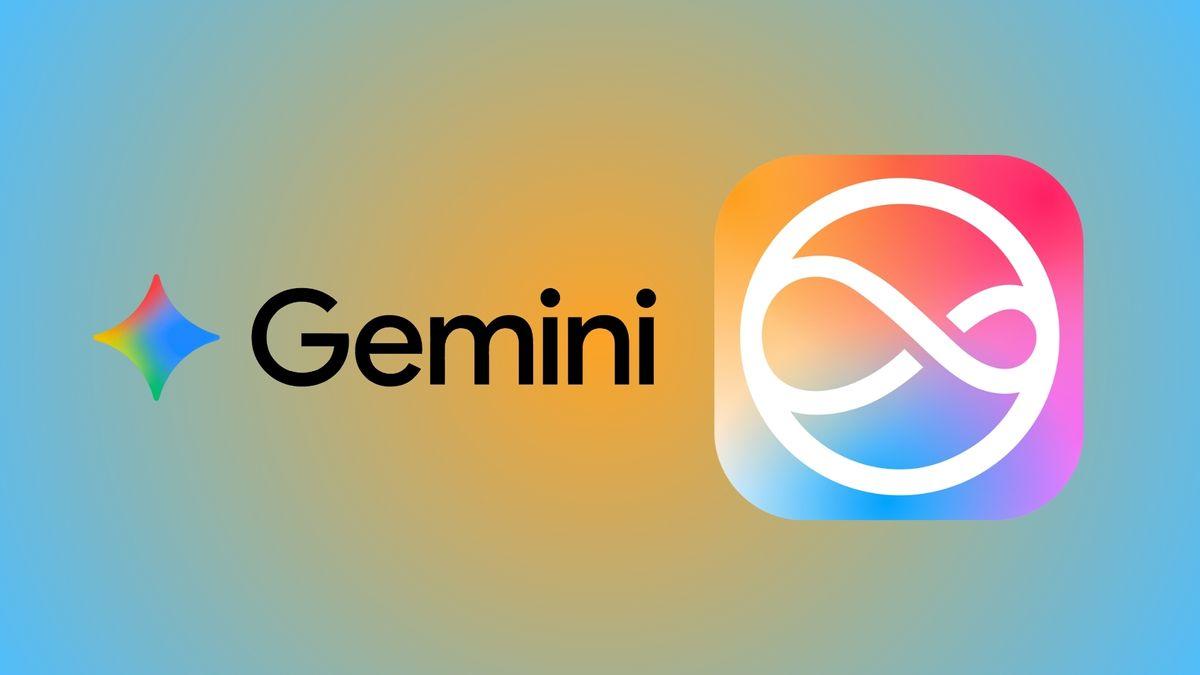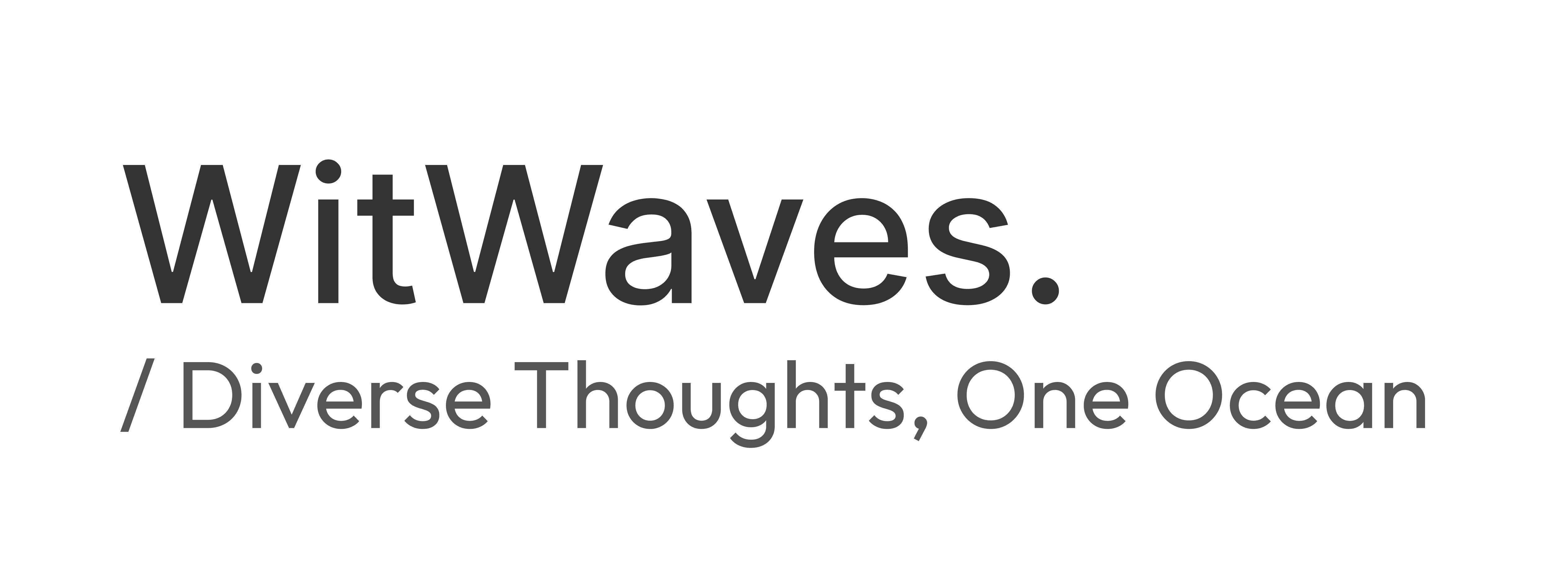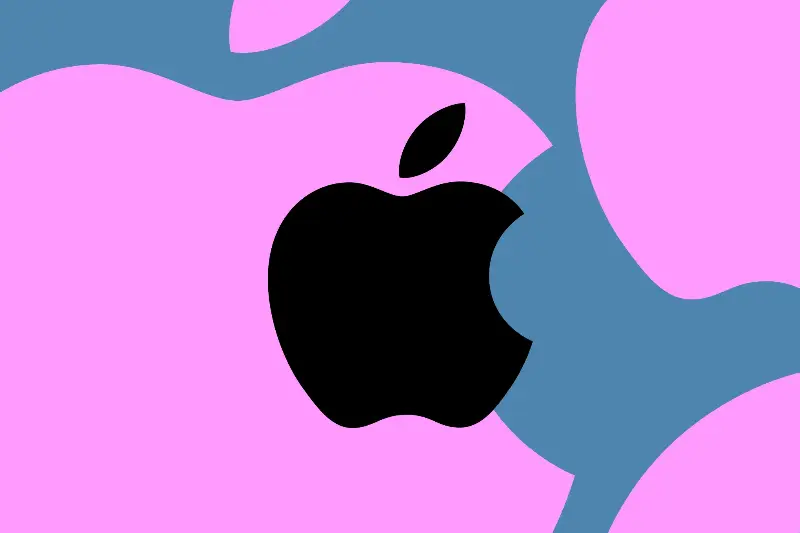In a move that signals a significant departure from its traditional self-reliant approach to technology, Apple is on the verge of finalizing a deal worth approximately $1 billion annually to license Google's Gemini artificial intelligence model. This partnership represents one of the most substantial external dependencies Apple has undertaken in recent years, marking a pragmatic acknowledgment that the company has fallen behind in the race to build best-in-class large language models.
The Deal: What's Really Happening?
After an extensive internal evaluation process dubbed the "AI bake-off," Apple determined that Google's Gemini was the most cost-effective solution for powering its long-awaited Siri overhaul. The companies are currently finalizing the agreement, which will see Apple use a custom-developed 1.2 trillion parameter AI model—a staggering leap from Apple's current cloud-based model of just 150 billion parameters.
The revamped Siri, expected to launch in spring 2026, will specifically use Gemini's technology to enhance the assistant's "summarizer" and "planner" functions—essentially the components that help Siri synthesize information and execute complex, multi-step tasks. This is a critical upgrade for an assistant that has long struggled with intricate commands compared to competitors like Google Assistant and Amazon's Alexa.

The Strategic Context: Google Won, Not ChatGPT
What's particularly noteworthy is that Google edged out both OpenAI's ChatGPT and Anthropic's Claude for this partnership. While Apple had previously tested these competitors' models, the decision ultimately hinged on cost-effectiveness rather than raw performance. This pragmatic approach suggests Apple prioritized getting a capable solution to market quickly while managing expenses, rather than maximizing raw technical capabilities.
It's worth noting that this arrangement differs from Apple's current ChatGPT integration in Writing Tools and Siri. OpenAI's model handles more limited tasks and serves as a supplementary option rather than the core architecture driving the assistant.
Privacy First, Even With External AI
One of Apple's most compelling selling points—and a key differentiator in this deal—is that user data remains protected. While Gemini will power Siri's advanced functions, the model will run on Apple's own servers within the company's Private Cloud Compute system. This means Google won't have direct access to user data, and conversations won't leave Apple's infrastructure.
This privacy-first approach maintains Apple's long-standing brand promise while leveraging Google's AI horsepower. It's a clever architectural solution that allows Apple to benefit from state-of-the-art AI without compromising its privacy narrative—a critical positioning point as the company continues to differentiate itself from data-hungry tech competitors.
Apple's Temporary Solution Strategy
Here's what makes this deal particularly interesting: Apple isn't viewing Gemini as a permanent solution. Instead, the $1 billion annual payment buys Apple time to develop its own large-scale foundation models. The company's internal models team is reportedly already working on a 1 trillion parameter cloud-based model, with hopes of deploying it for consumer applications as early as 2026—potentially within the same year Siri's Gemini-powered overhaul launches.
This dual-track approach reflects Apple's long-term vision: use external technology to bridge the immediate gap while building internal capabilities to eventually wean itself off the partnership. It's a strategy reminiscent of how Apple famously partnered with Intel for chips before later transitioning to its own custom silicon designs.
The Broader Context: Apple's AI Struggles
Apple's decision to license external AI technology underscores the company's challenges in the generative AI race. The tech industry has witnessed a rapid acceleration in AI capabilities, with companies like Google, OpenAI, and Meta investing billions in talent and compute infrastructure. Apple, traditionally the company that builds everything in-house, has found itself playing catch-up.
Contributing to these challenges are recent AI talent losses from Apple's models division, including the departure of key team members. Additionally, questions about the effectiveness of AI chief John Giannandrea prompted CEO Tim Cook to reshuffle leadership, placing Mike Rockwell in charge of the Siri revamp under the codename "Project Glenwood".
The Larger Picture: How This Mirrors Apple's Search Deal With Google
Interestingly, this arrangement has parallels to an existing relationship between the two companies. Apple has reportedly earned approximately $20 billion annually from Google for making Google Search the default search engine in Safari. While those payments came under scrutiny in 2025 with antitrust proceedings, a federal ruling in September allowed Google to maintain its preferential payment arrangements.
Now, the financial dynamic has reversed—Apple is the one paying Google, though for very different reasons. Where Apple previously collected fees for search distribution, it's now paying for AI capability. This shift reflects how both companies recognize the strategic value in each other's domains and are willing to make substantial financial commitments to maintain their competitive positions.
What This Means for Siri—And Apple Users
For consumers, this partnership should translate into a noticeably more capable Siri. The jump from 150 billion to 1.2 trillion parameters represents roughly an eightfold increase in model complexity, which should meaningfully improve Siri's ability to understand context, handle complex requests, and provide more intelligent responses.
However, it's worth tempering expectations: Google's Gemini will specifically handle summarization and planning tasks, while Apple's models will continue powering other Siri functions. This means Siri won't become a full-featured AI assistant overnight, but rather a progressively smarter voice assistant with better reasoning capabilities.
Looking Ahead: The AI Race Continues
The Apple-Google deal raises several important questions about Apple's competitive future in AI. Can the company successfully transition from licensed models to its own trillion-parameter solution? Will it be able to keep pace with the rapidly evolving AI landscape while maintaining its premium positioning? And critically, how will this strategic dependency affect Apple's brand identity and differentiation in an increasingly AI-powered world?
What's clear is that Apple's willingness to spend $1 billion annually on external AI—after years of promoting in-house capabilities—signals a recalibration of priorities. The company has decided that speed to market and solving Siri's long-standing limitations matter more than maintaining complete technological independence.
As the AI industry continues to accelerate, don't be surprised if this partnership serves as a model for how even the world's most capable technology companies are learning to collaborate and specialize.


Discussion
Start the conversation
No comments yet
Be the first to share your thoughts on this article. Your insights could spark an interesting discussion!